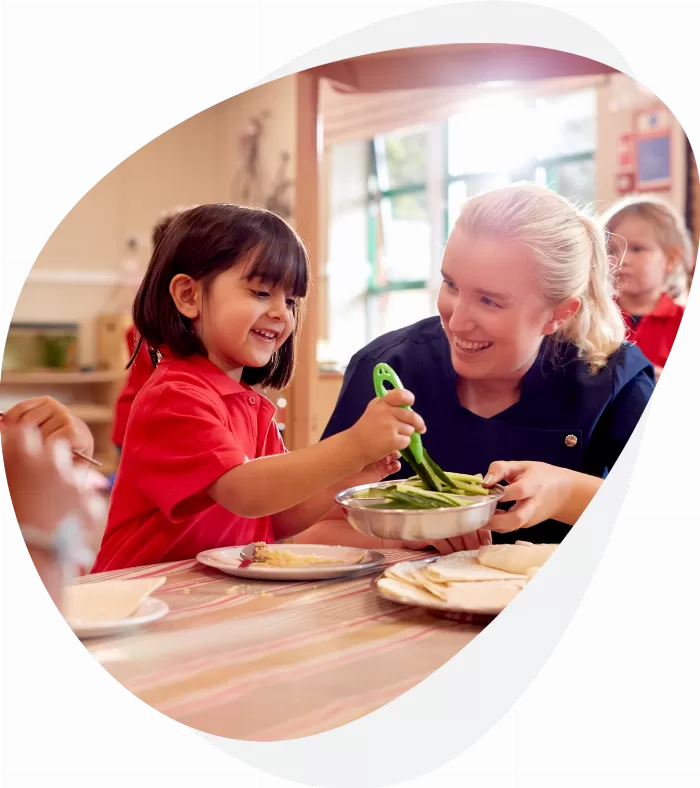The apprenticeship at a glance





- It is essential that you have access to a lead practitioner role within an early years setting
- Apprentices without level 2 English and maths will need to achieve this level prior to taking the End-Point Assessment. Busy Bees Education and Training will support learners to achieve the functional skills qualifications needed for this apprenticeship
- To be able to gain a satisfactory Data Barring Service (DBS)
- To be willing and able to access a Busy Bees training centre on occasions throughout your course to aid your learning
- As part of the entry requirements, learners will be expected to complete a written initial assessment before enrolment

The EPA for this early years lead practitioner apprenticeship consists of:
- A Professional Discussion underpinned by a portfolio of evidence
- Observation with questions
- Case study with report and presentation and questioning
- Upon successful completion apprentices are graded: Pass, Merit or Distinction




